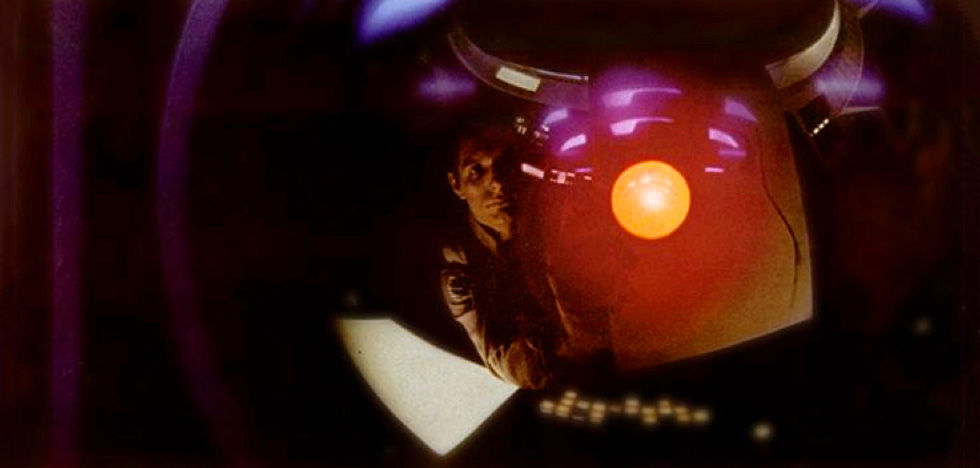Debunking the biggest myths about artificial intelligence

HAL 9000 in the film 2001.
The concept of inhuman intelligence goes back to the deep prehistory of mankind. At first the province of gods, demons, and spirits, it transferred seamlessly into the interlinked worlds of magic and technology. Ancient Greek myths had numerous robots, made variously by gods or human inventors, while extant artefacts like the Antikythera calendrical computer show that even in 200 BCE we could build machinery that usefully mimicked human intellectual abilities.
There has been no age or civilisation without a popular concept of artificial intelligence (AI). Ours, however, is the first where the genuine article—machinery that comfortably exceeds our own thinking skills—is not only possible but achievable. It should not be a surprise, then, that our ideas of what that actually means and what will actually happen are hopelessly coloured by cultural assumptions ancient and modern.
We rarely get it right: Kubrick’s 2001 saw HAL 9000 out-thinking highly trained astronauts to murderous effect; Bill Gates’ 2001 gave us Clippy, which was more easily dealt with.